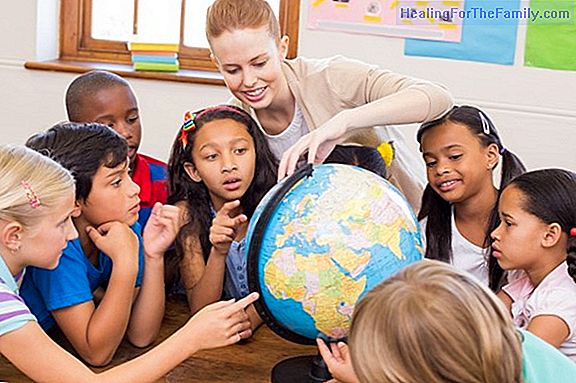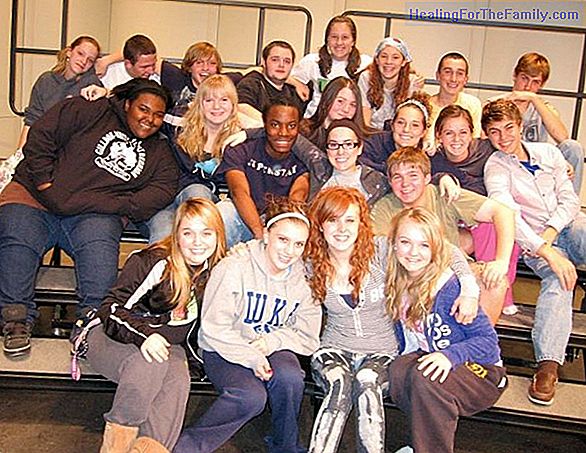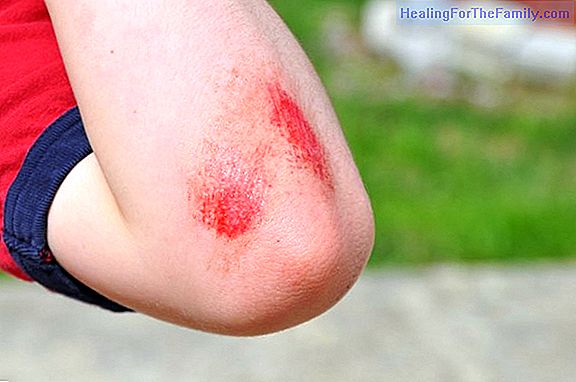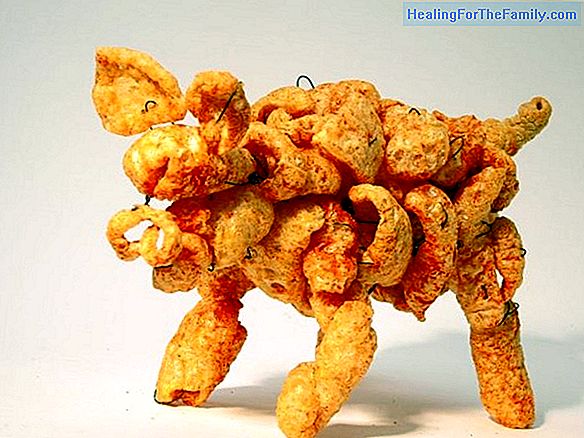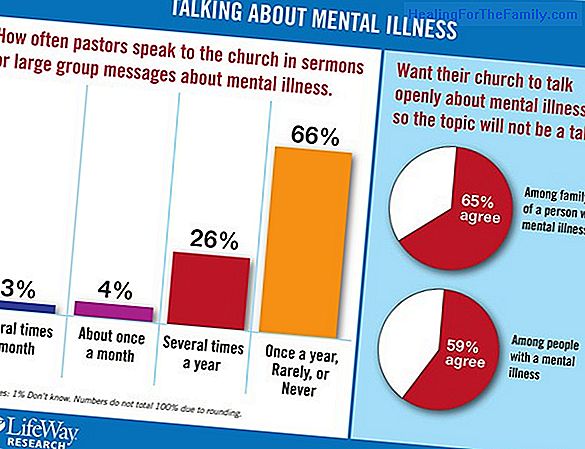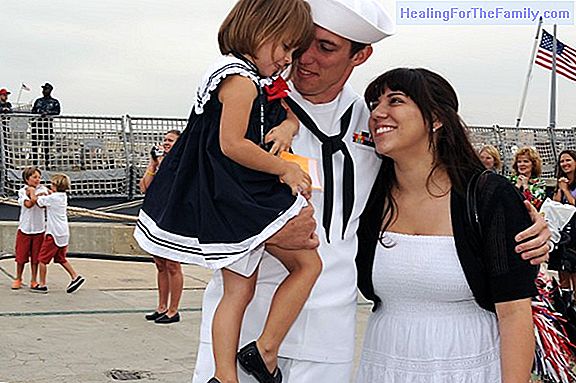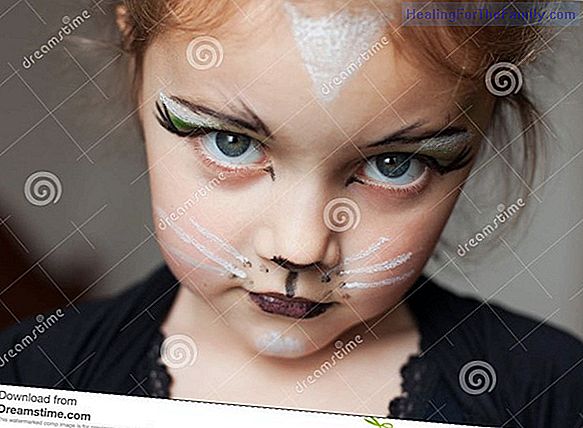How to explain catastrophes to children from 6 to 9 years
Catastrophes, accidents and violent situations such as terrorism provoke emotions of sadness, pain and impotence. If it is difficult for adults to express the feelings that provoke these situations, it is even more so to talk about it to children. What will we consider when talking with children fro
Catastrophes, accidents and violent situations such as terrorism provoke emotions of sadness, pain and impotence. If it is difficult for adults to express the feelings that provoke these situations, it is even more so to talk about it to children.
What will we consider when talking with children from 6 to 9 years old? Children of this age have greater cognitive maturity but it is not yet that of an adult. Therefore, they are especially vulnerable to having misunderstood information because they mix their fantasies with what they tell adults or others. By joining these fragments, he constructs an image that does not correspond to what has truly happened.
How children aged 6 to 9 react to a catastrophe
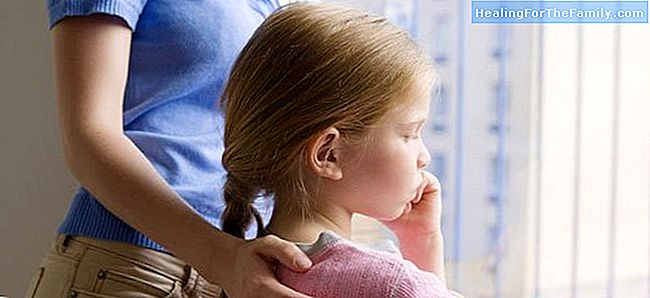
In this period they are very receptive and pick up inconsistencies. For example, tell them that nothing happens but express physical stress. Mismatches between 'verbal' and 'non-verbal' language. Children at this age understand that deaths occur and that they are irreversible. What they are not yet aware of is that they too will die some day, but they are very concerned about what happens to those around them. How do they react to these extreme situations ?:
- They lose the autonomy they had gained during their development, such as not eating with cutlery, going back to wet the bed, etc.
- They can be very agitated and irritable
- Changes in communication patterns can be seen. They do not want to talk about anything or, on the contrary, they talk at all times. Se - There is a generalized fear of being alone, separating from their parents, going somewhere.
- Continuously thinks or acts on what has happened. They are thoughts or actions that help the child to process what happened
- There may be nightmares, sleep difficulties or hypersomnia.
How to help children aged 6 to 9 understand a tragic event
What steps should parents take to help their children? Fathers and mothers, to make the function of containment:
- They will try to avoid that the fears of the children overflow. Crear - Create a calm and relaxed atmosphere
- Name all the emotions of the child using a phrase that can reassure him, such as: 'I see that you are scared but realize that here you are sure because dad or mom are with you'.
To calm him, parents can resort to previous situations that help children activate their own coping mechanisms. To inform,
they will use simple words to explain what happened
. To normalize the situation and comfort him, it is not necessary to tell the child that he is going to feel good, but that they should be by his side when he needs it, accompanying him.




